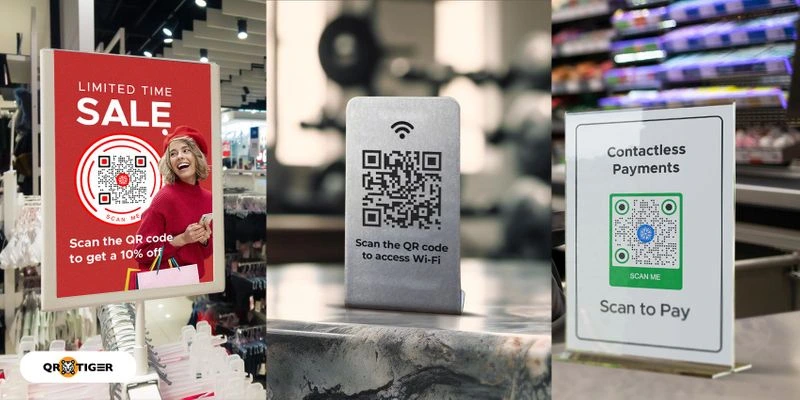Islamabad 8 August: The Prime Minister’s Office (PMO) has issued a firm directive, mandating all retail outlets across Pakistan to obtain and display Raast QR codes by August 31, 2025, as part of a bold push toward a cashless economy.
The order, communicated to federal secretaries, provincial chief secretaries, and heads of regulatory bodies, signals a nationwide effort to embed digital payment infrastructure into everyday commerce, with enforcement measures already in motion.
The State Bank of Pakistan (SBP) has crafted a national strategy to expand digital payment acceptance, targeting a leap from 500,000 to 2 million active Raast QR code points, alongside doubling annual digital transactions to 15 billion and increasing mobile banking users to 120 million by FY26.
Retailers are now required to integrate QR codes, Point of Sale (POS) systems, and Soft POS options, with digital payment readiness set to become a prerequisite for licensing and renewals. Non-compliance could trigger penalties, though specifics remain under development.
Dr. Shazia Ghani, appointed as the PMO’s focal person for this initiative, will oversee coordination and monitoring, while the SBP has secured Rs3.5 billion in annual subsidies to encourage merchant adoption.
READ MORE: Govt Pushes Digital Payments with QR Codes on Bills
Banks may charge a modest Merchant Discount Rate of 0.25%, with any additional costs borne by service providers. The move aims to digitize 100% of remittances, up from 80%, but critics question whether the tight timeline and rural infrastructure gaps could hinder success.
Businesses face mounting pressure to comply, with some welcoming the shift to modern payment systems, while others worry about costs and training needs. As the deadline approaches, the government’s ability to enforce this mandate—and its impact on Pakistan’s financial landscape—remains under scrutiny.









